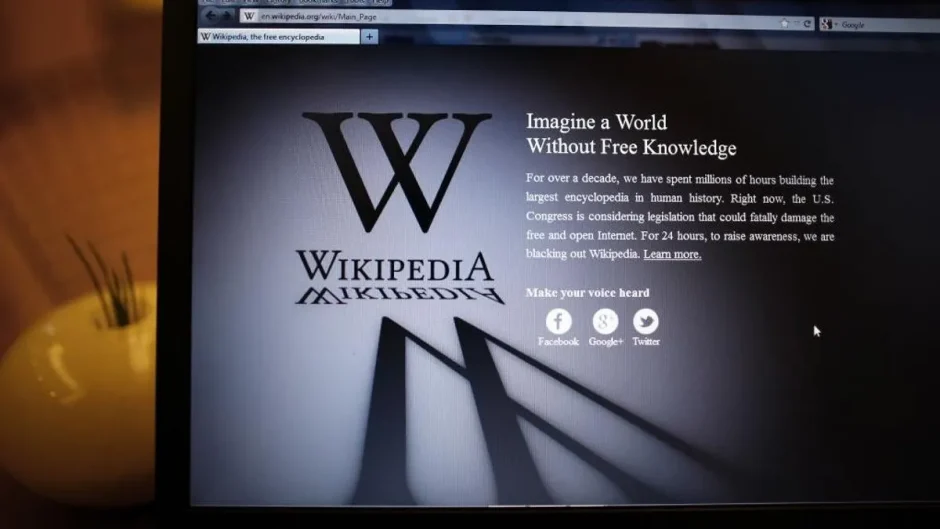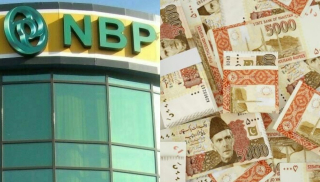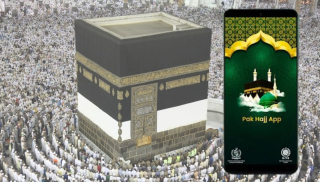Pakistan banned Wikipedia because of the alleged “blasphemous” content on the site. Pakistan has removed its ban on Wikipedia services before dawn Tuesday, after the country’s media regulator blocked the site last week for not removing purportedly blasphemous content, claiming it hurts the sentiments of Muslims.
Prime Minister Shahbaz Sharif ordered the unblocking late on Monday, according to a government statement. The site was blocked on Friday by the Pakistan Telecommunication Authority after a deadline expired that Pakistan gave to Wikipedia to remove the controversial content. A statement issued by Sharif’s office said:
“Blocking the site in its entirety was not a suitable measure to restrict access to some objectionable content,”
“The unintended consequences of this blanket ban, therefore, outweigh its benefits.”
https://twitter.com/Marriyum_A/status/1622627905829490688
the PM on February 6 (today), and he constituted a ministerial committee for a preliminary examination of the issue.
The committee, according to the statement, deduced that “Wikipedia was a useful site/portal which supported the dissemination of knowledge and information for the general public, students and the academia”.
“Blocking the site in its entirety was not a suitable measure to restrict access to some objectionable contents/sacrilegious matters on it. The unintended consequences of this blanket ban, therefore, outweigh its benefits,” the statement said.
The ban drew criticism and many condemned Islamabad’s action, saying it was a blow to digital rights and deprived the public of the right to seek knowledge.
As anger grew, Pakistan’s Information Minister Marriyum Aurangzeb said on Monday that Sharif’s five-member committee had looked into the matter and ordered Wikipedia services be restored immediately.
The government has not provided any explanation or details about the content it deemed anti-Islam, and the media regulator never explained what content was purportedly hurting Muslim sentiments in Pakistan.
Under Pakistan’s controversial blasphemy laws, anyone found guilty of insulting Islam or its figures can be sentenced to death, although the country has yet to carry out capital punishment for blasphemy.
But even allegations of the offense are often enough to provoke mob violence and even deadly attacks. International and domestic rights groups say that accusations of blasphemy have often been used to intimidate religious minorities and settle personal scores.
The Wikimedia Foundation, which runs Wikipedia, welcomed Pakistan’s move to restore the website.
“Lifting this ban means that the people of Pakistan can continue to benefit from and participate in its growth within a global movement that strives to spread and share knowledge that is verified, reliable and free,” it said.
On February 1, Pakistan Telecommunication Authority (PTA) announced it was “degrading” access to Wikipedia in the country due to the presence of “sacrilegious content”, giving the website 48 hours to remove them. It did not specify which content it found sacrilegious.
In the past, Pakistan briefly banned TikTok twice for uploading immoral content. Also, in 2008, Pakistan banned YouTube over videos depicting the Prophet Muhammad, drawing angry nationwide protests as Muslims consider any physical depiction of the prophet blasphemous.
The aim of the committee was to review the suitability of PTA’s ban on Wikipedia, while exploring and recommending alternative technical measures for the removal — or blockage — of the objectionable content on Wikipedia or any other online information sites, keeping in view the “social cultural and religious sensitivities” of the country.
The committee is also tasked with sharing any other recommendations with the objective of controlling unlawful online content in a balanced manner and has been directed to present its report and recommendations for consideration within a week’s time.
“There’s just been a concerted effort to exert greater control over the content on the internet,” said digital rights activist Usama Khilji.
“The main purpose is to silence any dissent,” he told AFP. “A lot of times blasphemy is weaponized for that purpose.”
Read More:












